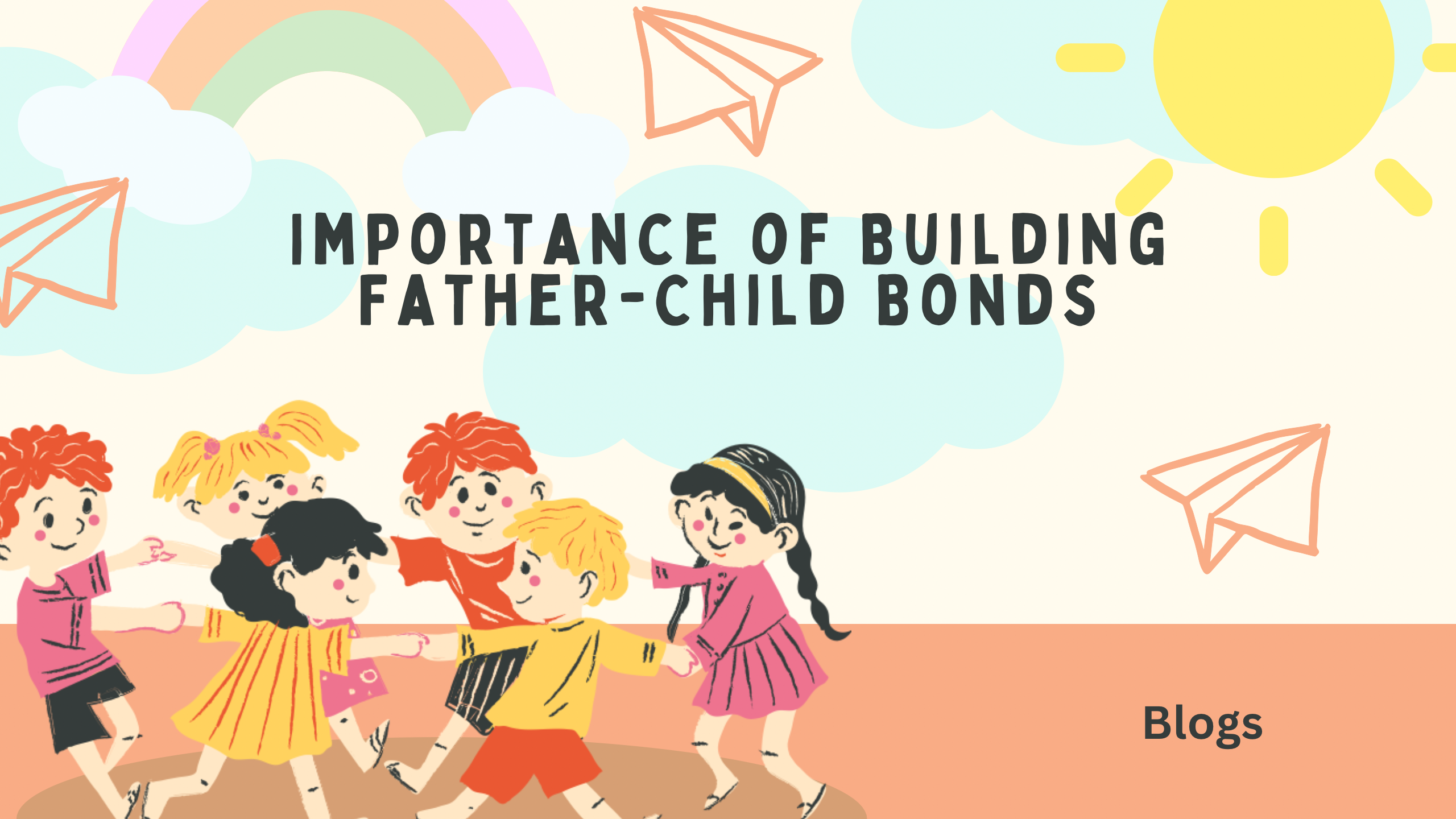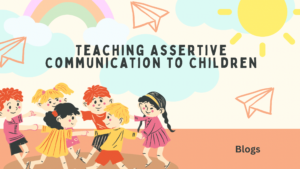Goal-Setting for Kids
Teaching children the art of goal-setting is a gift that nurtures a sense of purpose, motivation, and accomplishment. Even at a young age, setting and achieving goals can instill valuable life skills.
Although, why is it really important?
- Building Confidence: Setting and achieving small goals boosts a child’s confidence. Success in these endeavours lays the groundwork for facing more significant challenges with self-assurance.
“Today, your goal is to finish colouring the entire page.” “Look at the beautiful picture you created! You did it!”
- Fostering a Sense of Responsibility: Goals teach children responsibility by helping them understand the importance of completing tasks and commitments.
“Your goal this week is to keep your play area tidy. I’ll support you. When we work together, it makes it more fun and achievable.”
- Developing Time Management Skills: Establishing time-bound goals introduces the concept of time management.
“Can you set a goal to finish your homework by 5 pm? It will leave plenty of time for playing before dinner.”
- Encouraging Perseverance: Goals provide children with opportunities to persevere through challenges. Learning to overcome setbacks fosters resilience.
“It’s okay if you didn’t get it right the first time. Your goal is to practice tying your shoes until you can do it by yourself.”
Practical Insights for Goal-Setting with Children:
- Make the Goals Fun and Engaging: Frame goals as exciting challenges or adventures. Make the goal-setting process enjoyable.
“Your goal this month is to become a ‘Reading Explorer.’ Every book you finish adds a new adventure to your map!”
- Visualize Achievements: Create visual aids or charts that represent goals. This visual reinforcement helps children understand progress.
“Let’s make a star chart! Each star represents a day you achieve your goal of finishing your veggies.”
- Celebrate Small Wins: Recognition of effort encourages children to strive for more.
“You set a goal to learn a new word this week, and you did it! Let’s celebrate with a special treat tonight. What do you want to have?”
- Involve Children in Goal-Setting: Allow children to participate in the process. Ask about their interests and aspirations to make it a collaborative effort.
“What’s something you’d like to learn or try? Your goal could be something you’re really excited about!”
In conclusion, introducing goal-setting to children is a valuable tool for their personal development. By incorporating fun, engagement, and recognition into the process, parents can empower their children to navigate challenges, build confidence, and cultivate a lifelong love for learning and achievement.




